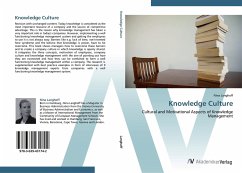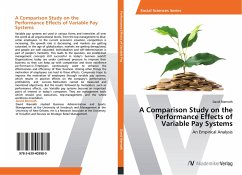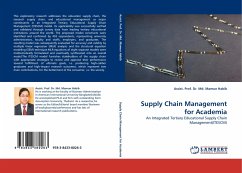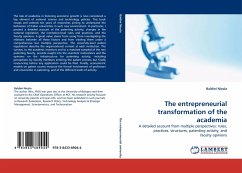This book discusses the Handelsblatt Ranking as an incentive instrument in academia. It finds that the increasing use of rankings can be explained through New Public Management, the introduction of professional management mechanisms, explicit standards and performance measures in academia. The thesis also considers the Handelsblatt Ranking from the perspective of organizational economics, and talks about agency theory and incentive structures. It finds that incentives cannot be used without restriction of any kind. In universities there are specific organizational characteristics that need to be taken into account when designing incentives. The incentive effect of the Handelsblatt Ranking is therefore given through a rank-order tournament and career concerns. The work also gives an insight into how rankings can affect scholars' intrinsic motivation and behavior. The theoretical findings were then examined with an empirical study. The results indicate that the Handelblatt Ranking does not undermine intrinsic motivation. The influence of the Handelsblatt Ranking as an incentive instrument is rather weak and should not be overrated.
Bitte wählen Sie Ihr Anliegen aus.
Rechnungen
Retourenschein anfordern
Bestellstatus
Storno








